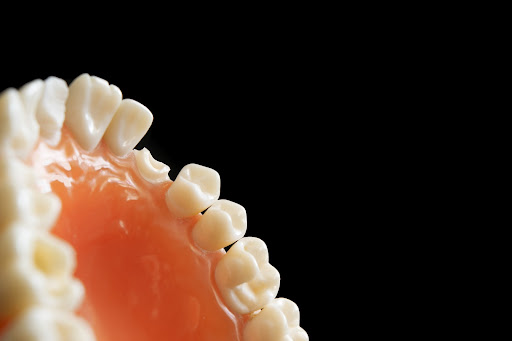Tooth decay can occur when acid is produced by plaque that accumulates on your teeth.

If plaque is allowed to accumulate, it can lead to additional issues such as dental caries (holes in the teeth), gum disease, or dental abscesses (pupil collections at the ends of the teeth or in the gums).
Tooth decayTooth decay symptoms
may not be painful. However, if you have dental caries, you may suffer from:
- Toothache – either continuous pain that keeps you awake or intermittent sharp pain with no obvious cause
- Tooth sensitivity – you may experience tenderness or pain when eating or drinking something hot, cold, or sweet; grey, brown, or black spots on your teeth; bad breath; and an unpleasant taste in your mouth
Tooth Decay Treatments
The treatment of tooth decay is dependent on how far it has progressed.
- For early-stage tooth decay, your dentist will discuss the amount of sugar in your diet as well as the times you eat. They may use a fluoride gel, varnish, or paste to treat the affected area.
- Fluoride protects teeth by strengthening the enamel, making them more resistant to plaque acids that cause tooth decay.
- Your dentist may recommend a filling or crown, which entails removing the dental decay, applying a local anesthetic to numb the tooth, and filling the hole.
Tooth Decay Prevention
Although tooth decay is a common issue, it is often completely avoidable. Keeping your teeth and gums as healthy as possible is the best way to avoid tooth decay. For instance, you should:
- Visit your dentist on a regular basis – your dentist will determine how frequently you need to see them based on the condition of your mouth, teeth, and gums.
- Reduce your intake of sugary and starchy foods and beverages, especially between meals and within an hour of going to bed – Some medications may contain sugar, so it’s best to look for sugar-free options. whenever possible, free alternatives
- Take care of your teeth and gums – brushing your teeth twice a day with fluoride toothpaste, flossing, and using an interdental brush at least once a day.
Taking care of your child’s teeth
Good eating habits, such as limiting sugary snacks and drinks, can help your child avoid tooth decay. Regular dental visits at a young age should also be encouraged.
It is critical to teach your child how to clean their teeth properly and on a regular basis. Your dentist will be able to show you how to do this. Younger children should use a children’s toothpaste, but read the label to learn how to use it properly.
Children should still brush their teeth twice a day, preferably before going to bed.
How plaque contributes to tooth decay
Bacteria in your mouth form a film over your teeth called dental plaque.
When you consume high-carbohydrate foods and beverages, particularly sugary foods and beverages, the bacteria in plaque convert the carbohydrates into energy while producing acid.
If plaque is allowed to accumulate, the acid can begin to break down (dissolve) the surface of your tooth, resulting in cavities.
Plaque and bacteria can reach the dentine once cavities have formed in the enamel (the softer, bone-like material underneath the enamel). tooth decay occurs more quickly.
Bacteria will enter the pulp if it is not treated (the soft center of the tooth that contains nerves and blood vessels). At this point, your nerves will be exposed to bacteria, causing your tooth to become painful.
The bacteria can cause a dental abscess in the pulp, and the infection can spread into the bone, resulting in a different type of abscess.

